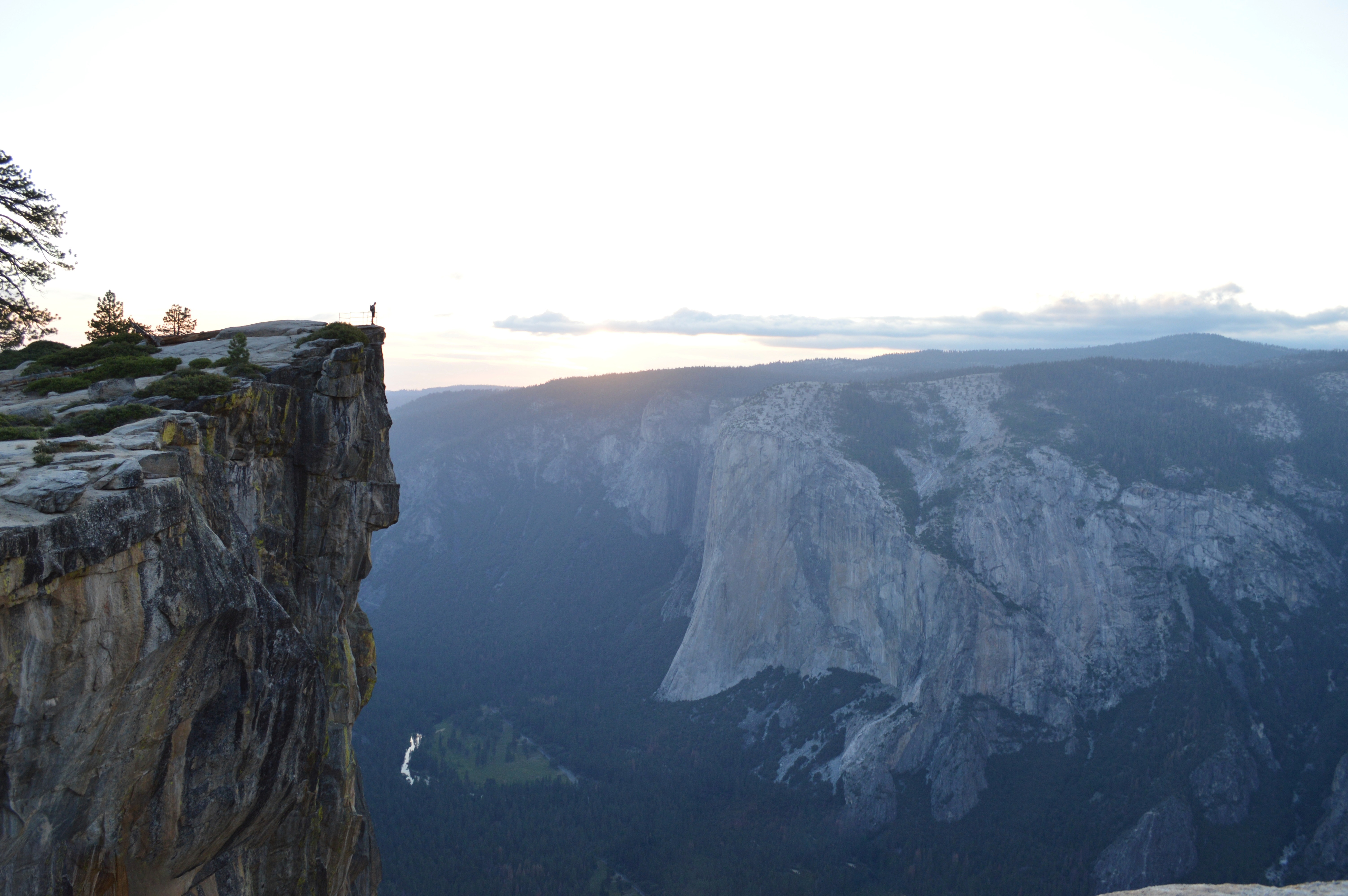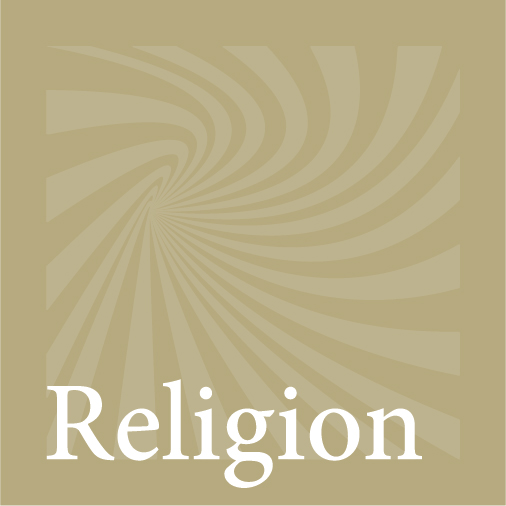Have you ever been aware of or influenced by a presence or power, whether you called it God or not, that is different from your everyday self?
The Alister Hardy Question
Religious and spiritual experiences (RSEs) are common aspects of human life, yet complex in subjective meaning and behavioral effects. A Buddhist teacher may feel the presence of the Buddha through meditation, a man may spontaneously feel “an incredible love and a greater reality”, an atheist woman may see a profound spirit while under the influence of a hallucinogenic drug, or an agnostic hiker may sense a potent connection to nature upon summiting a beautiful mountain.
The psychological study of RSEs began in the late 1800s, led by the psychologist-philosopher William James. In the middle of the twentieth century, zoologist Sir Alister Hardy compiled a collection of over 6,000 personal accounts of RSEs—stories of people’s experiences, analyzed and classified. The Alister Hardy Database is now curated at the Alister Hardy Religious Experience Research Center (RERC) in Lampeter, Wales. The staff at the center have made great progress digitizing this collection for scholars all over the world.
Likewise, dozens of researchers have collected RSE narratives, with demographic and psychological information. These researchers want to explore cross-cultural similarities and differences, recurring features and images, and connections to personality profiles. In every case, the design and scope of the database both enables and limits research.
CMAC’s computer science experts will create a sophisticated database for existing RSE narratives, and a friendly interface for collecting new stories and data through devices such as smartphones and tablets. The environment will be capable of supporting an unusually wide variety of research studies and will leverage advances in natural language processing for mining and analyzing data in novel ways. The database will ultimately include stories from multiple regions and languages to support meaningful cross-cultural research studies.
Focus areas
Meet the team
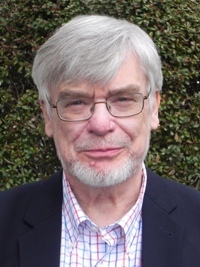

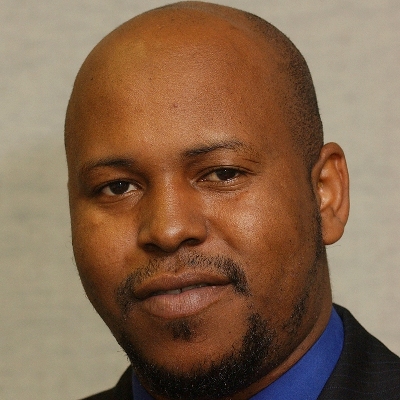
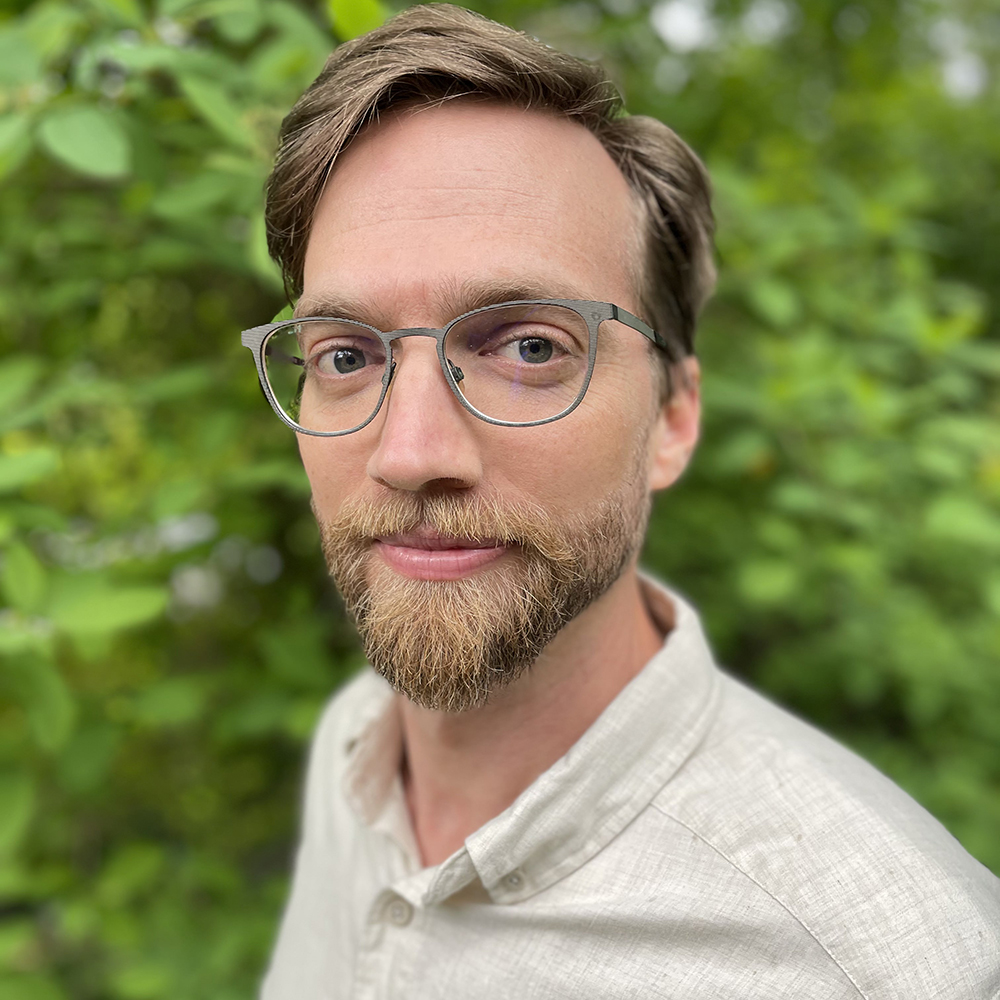
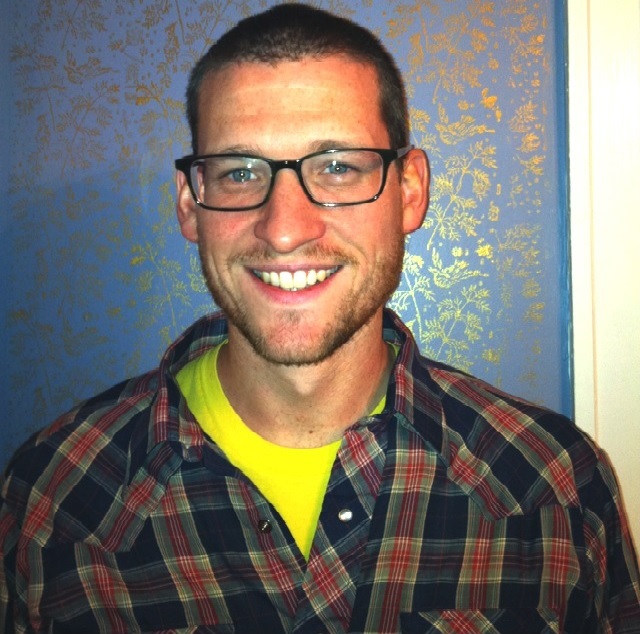
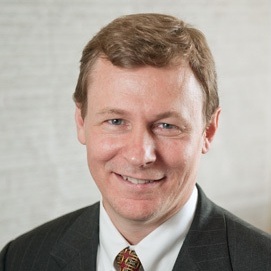
Approach
The Center for Mind and Culture (CMAC), collaborating with the University of Warwick, the Bishop Grosseteste University, Lincoln, and the Hardy Trust, has received a planning grant, funded by the John Templeton Foundation, to propose a database capable of embodying Sir Alister Hardy’s vision of documenting RSEs, updated with today’s technology.
Our Expert Advisory Board provides critical guidance and skill in psychology, philosophy, medicine, sociology, cognitive neuroscience, philosophy, theology, and computer engineering. These advisors’ perspectives are the heart and soul of a broad consultation process aimed at laying the groundwork for database prototypes. These specifications will prepare us to pursue future funding opportunities for implementation.
Impact
The Hardy Religious Experience Database Project will launch RSE research into a new era through improving access to primary sources, collecting new data from people far and wide, and helping researchers conduct novel analyses. The project also has the potential to support self-understanding of contributors by means of analytical tools that supply instant feedback to users about their RSEs, including information about the changing character of their RSEs over time. The project is holding up a vast mirror – for users to see their own RSEs from a new perspective, for researchers to see RSEs across diverse populations, and for all of us to see our spiritual natures in a new light.
Expert Advisory Board
The members of the Advisory Board provide expert advice to the Hardy Project.
- Hanan Alexander, Professor of Philosophy of Education, University of Haifa, Israel
- Elisabeth Arweck, Principal Research Fellow, WRERU, Centre for Education Studies, University of Warwick
- Michael Barlev, Postdoctoral scholar in psychology, Arizona State University
- Chris Bader, Professor of Sociology, Institute for the Study of Religion, Economics, and Society, Chapman University
- Benjamin Beit-Hallahmi, Professor of Psychology, University of Haifa, Israel
- Joseph Bulbulia, Maclaurin Goodfellow Chair, University of Auckland, New Zealand
- Emma Cohen, Fellow in Human Sciences, Wadham College, Associate Professor in Cognitive Anthropology, University of Oxford
- Mihaly Csíkszentmihályi, Distinguished Professor of Psychology and Management, Founder and Co-Director, Quality of Life Research Center, Claremont Graduate University
- Saikou Diallo, Research Associate Professor, Virginia Modeling, Analysis & Simulation Center at Old Dominion University
- Julie Exline, Professor, Psychology of Religion ad Spirituality, Case Western Reserve University
- Miguel Farias, Reader in Cognitive and Biological Psychology, Coventry University
- Roger Finke, Distinguished Professor of Sociology and Religious Studies, Pennsylvania State University
- Robin Gill, Emeritus Professor of Applied Theology, University of Kent
- Jordan Grafman, Professor of Physical Medicine and Rehabilitation, Northwestern University
- Pehr Granqvist, Professor of Psychology, Stockholm University
- Bruce Greyson, Emeritus Professor, Psychiatry and Neurobehavioral Sciences, School of Medicine, University of Virginia
- Gwen Griffith-Dickson, Visiting Professor, Department of Theology and Religious Studies, King’s College London
- Roland Griffiths, Professor, Departments of Psychiatry and Neuroscience, Johns Hopkins University School of Medicine
- John Harper, Emeritus Research Professor in Christian Music and Liturgy, Bangor University
- Peter Hill, Professor of Psychology, Rosemead Scholl of Psychology, Biola University
- Ralph Hood, Professor of Psychology, University of Tennessee at Chattanooga
- Kathryn Johnson, Assistant Research Professor, Department of Psychology, Arizona State University, Tempe Campus
- Jonathan Jong, Deputy Director of the Belief, Brain, and Behaviour research group, Centre for Research in Psychology, Behaviour, and Achievement, Coventry University
- Michael Kinsella, Affiliated Researcher at the Religion, Experience, and Mind Group, University of California, Santa Barbara
- Jean Kristeller, Professor Emeritus, Indiana State University
- Beatriz Caiuby Labate, Center for Research and Post-Graduate Studies in Social Anthropology (CIESAS), Guadalajara, Mexico
- Kevin Ladd, Professor of Psychology and Director of the Social Psychology of Religion Lab, Indiana University South Bend
- Cristine Legare, Associate Professor of Psychology, University of Texas at Austin
- Christopher Lewis, Former Professor of Psychology of Religion and Director of the Alister Hardy Religious Experience Research Centre, Glyndwr University
- Kate Loewenthal, Emeritus Professor of Psychology, Royal Holloway, University of London
- Tanya Luhrmann, Watkin University Professor, Anthropology Department at Stanford University
- Ryan McKay, Royal Holloway University of London
- Patrick McNamara, Associate Professor of Neurology, Department of Neurology, Boston University School of Medicine, VA New England Healthcare System
- Andrew Newberg, Adjunct Professor of Religious Studies and Associate Professor of Radiology, University of Pennsylvania School of Medicine
- Kenneth Pargament, Professor Emeritus of Psychology, Bowling Green State Unversity
- Crystal Park, Department of Psychological Sciences, University of Connecticut
- Jesse Preston, Associate Professor, Department of Psychology, University of Warwick
- Williams Richards, Johns Hopkins Bayview Medical Center
- Abdullah Sahin, Reader in Islamic Education, Warwick Religions and Education Research Unit, University of Warwick
- Vassilis Saroglou, Director of the Centre for Psychology of Religion, Psychological Sciences Research Institute, Universite Catholique de Louvain
- Steven Sandage, Albert and Jessie Danielsen Professor of Psychology of Religion and Theology, Boston University, Director of Research at the Danielsen Institute, with a secondary appointment in the Department of Psychology and Brain Sciences
- Jay Sanquinetti, Head of NICE Lab (Non-Invasive Cognitive Enhancement), University of New Mexico
- Uffe Schjoedt, School of Culture and Society, Department of the Study of Religion, Aarhus University, Denmark
- Bettina Schmidt, Professor in Study of Religions, University of Wales, Trinity Saint David. Current Director of the Alister Hardy Religious Experience Research Centre
- Richard Sosis, James Barnett Professor of Humanistic Anthropology at the University of Connecticut
- Ann Taves, Distinguished Professor of Religious Studies, University of California at Santa Barbara
- Phra Nicholas Thanissaro, Honorary Research Fellow, University of Warwick
- Patty Van Cappellen, Associate Director, Interdisciplinary Behavioral Research Center, Social Science Research Institute, Duke University; Associate Editor, Archive for the Psychology of Religion
- Cassandra Vieten, President of the Institute of Noetic Sciences, Petaluma, CA; scientist at the Mind-Body Medicine Research Group at California Pacific Medical Center Research Institute
- Andrew Village, Professor of Practical and Empirical Theology, York St John University, Alister Hardy Trustee
- David Voas, Professor of Social Science and Head of the Department of Social Science at the University College London Institute of Education
- Fraser Watts, Freelance scholar
- Claire J. White-Kravette, Associate Professor, Department of Religious Studies, California State University, Northridge
- Ann Wrightson, Freelance data management architect
- Mark Wynn, Professor of Philosophy and Religion, School of Philosophy, Religion and History of Science, Leeds University
- Dimitris Xygalatas, Assistant Professor, University of Connecticut
- Xinzhong Yao, Dean of School of Philosophy, Renmin University of China, Beijing
Student Members of the Expert Advisory Board:
- Elliott Ihm, PhD student in psychological and brain sciences at the University of California, Santa Barbara
- Kate Stockly, PhD student in Religious Studies at Boston University
- Melissa Gordon Wolf, PhD student in Quantitative Methods at the University of California, Santa Barbara
- David Yaden, PhD student, Positive Psychology Center, University of Pennsylvania
Funded by: John Templeton Foundation

